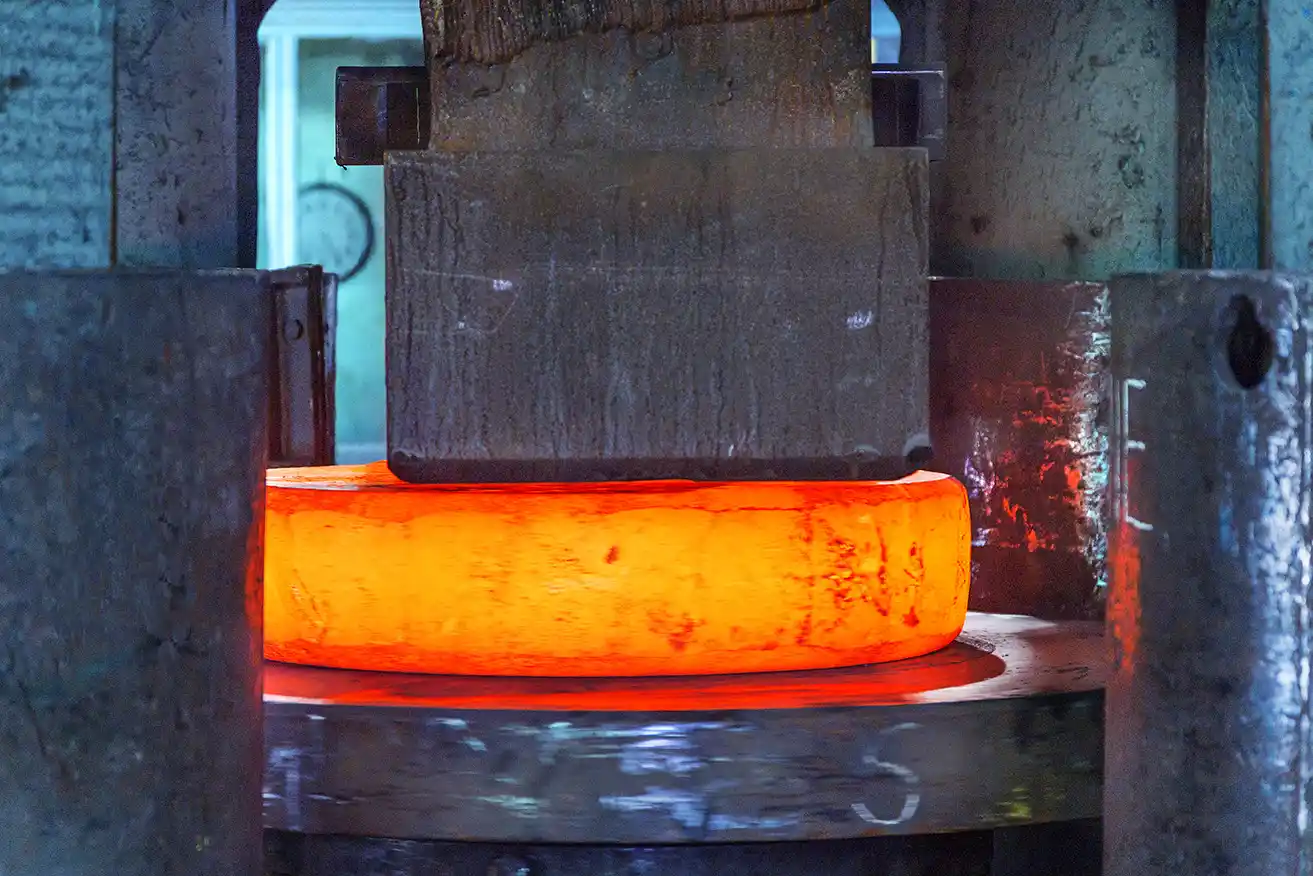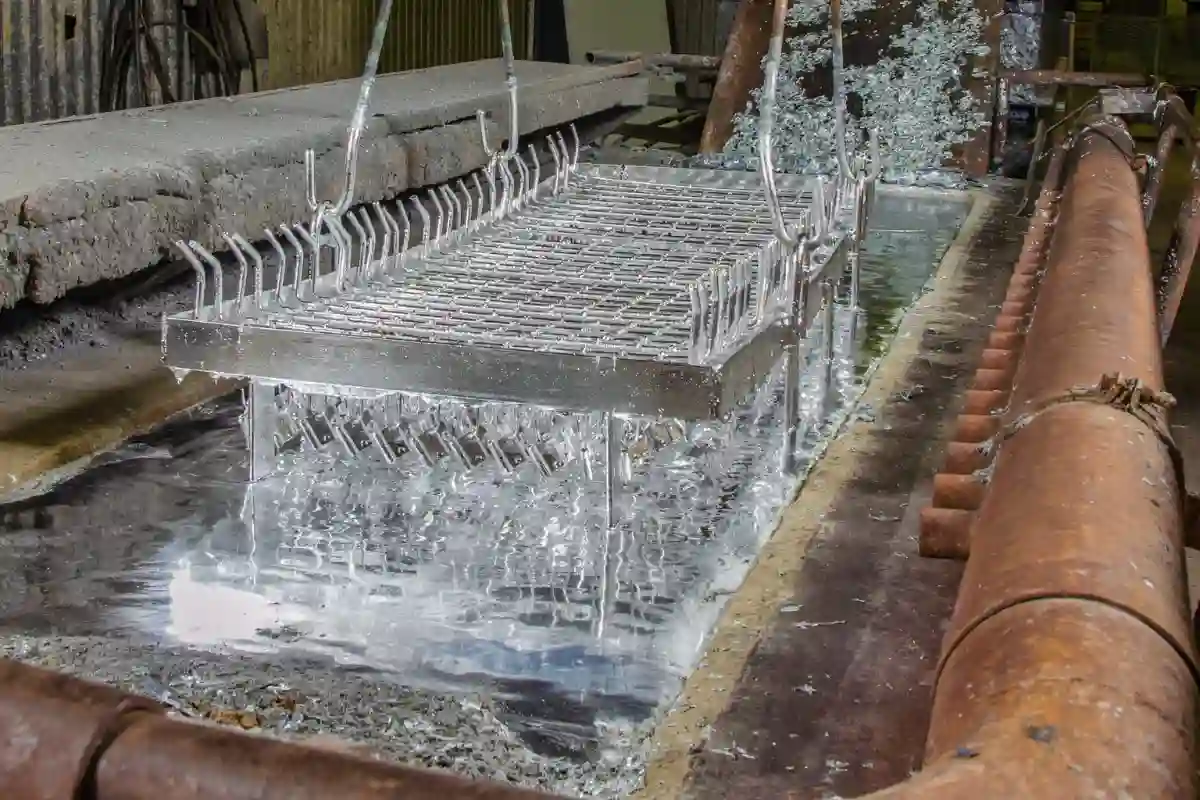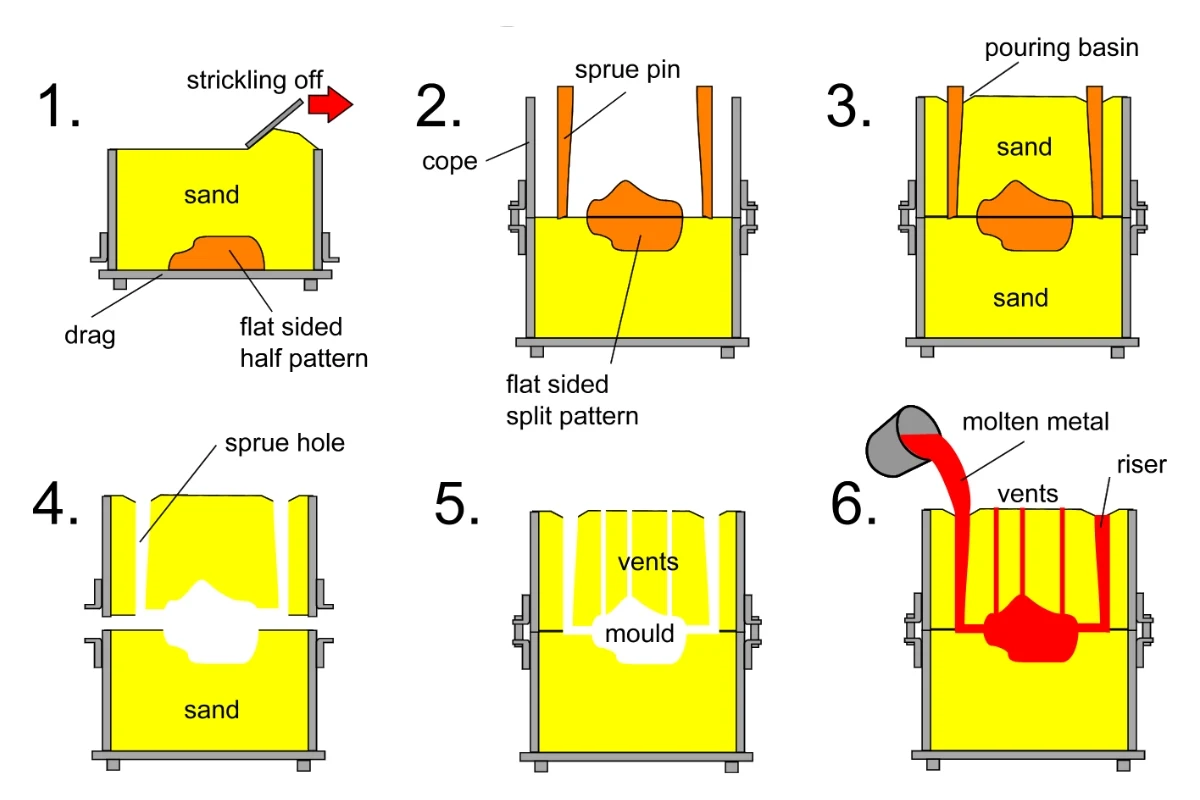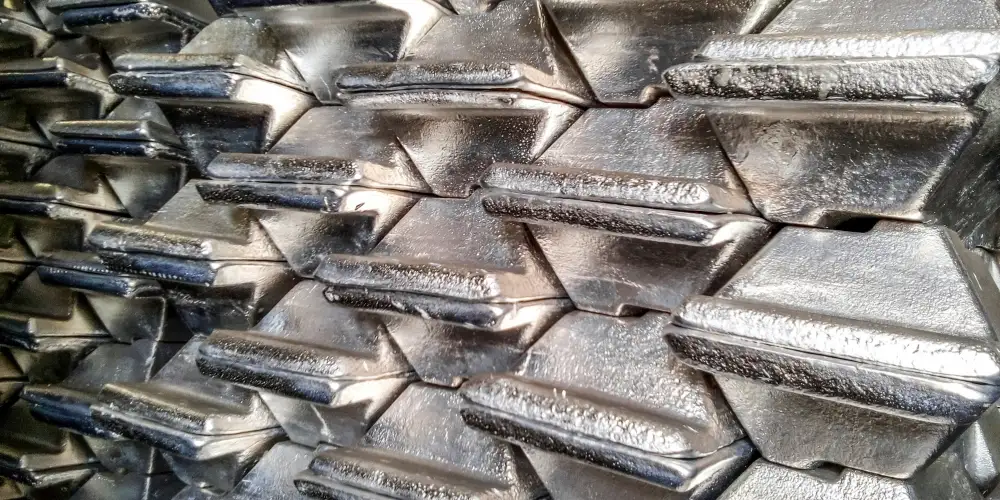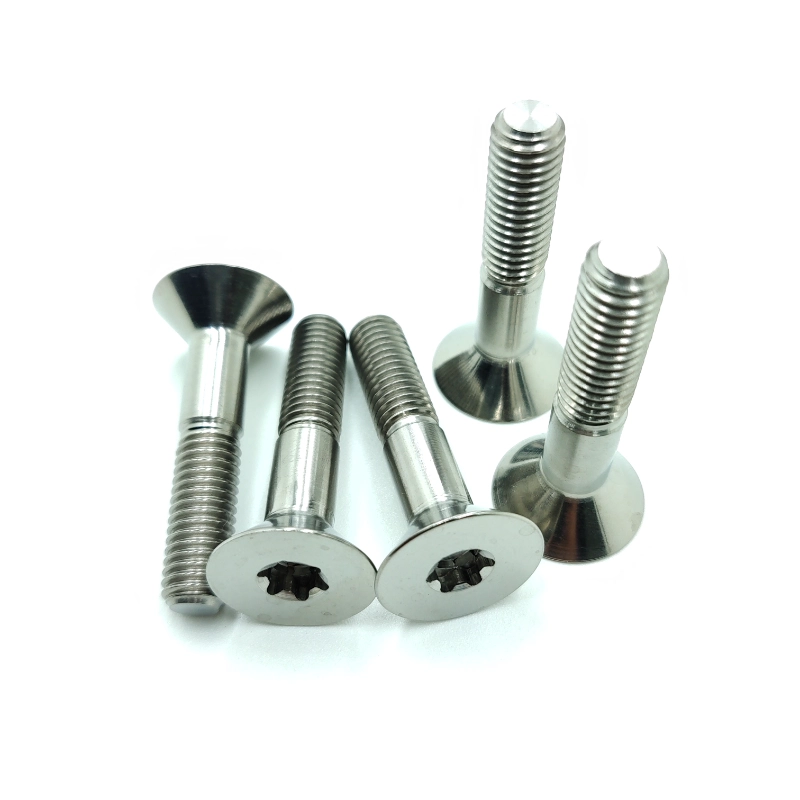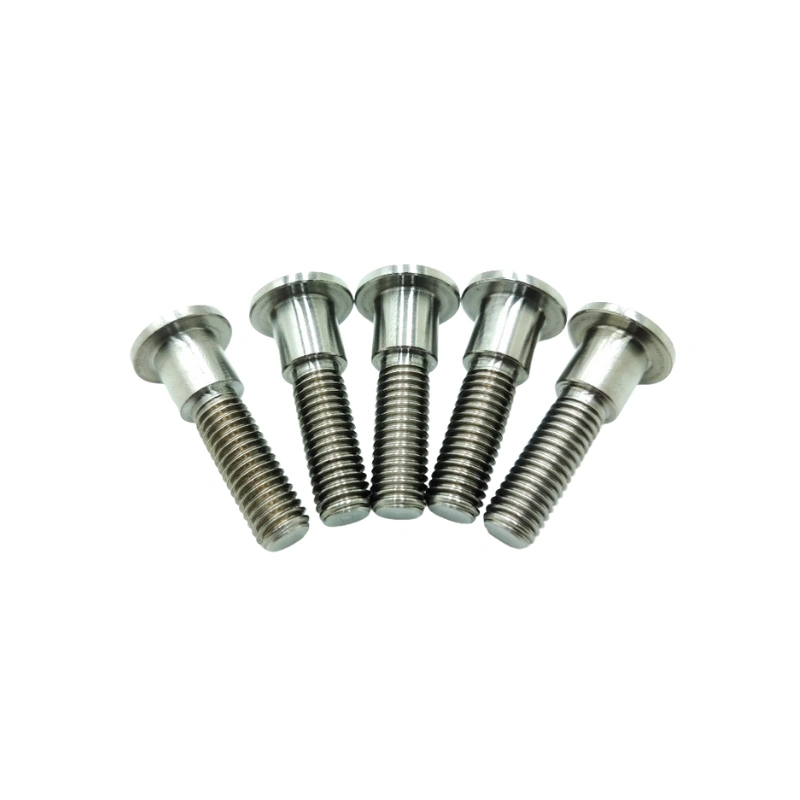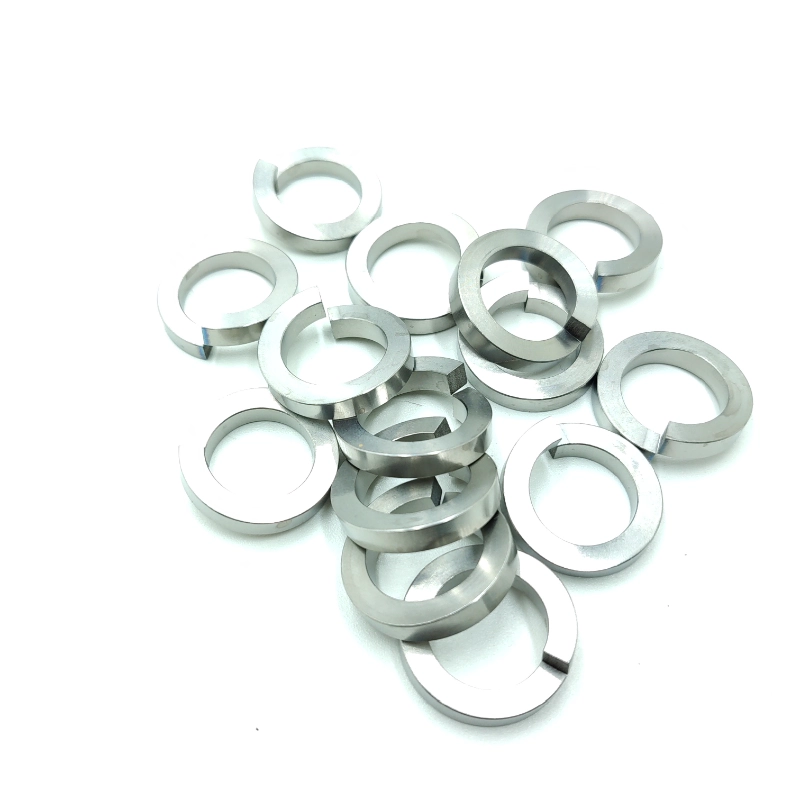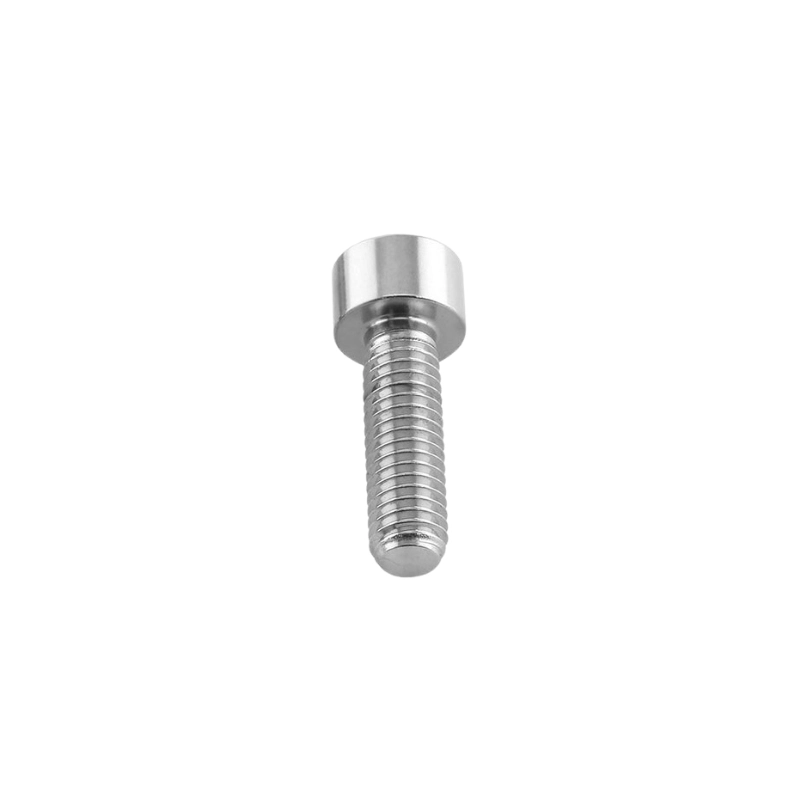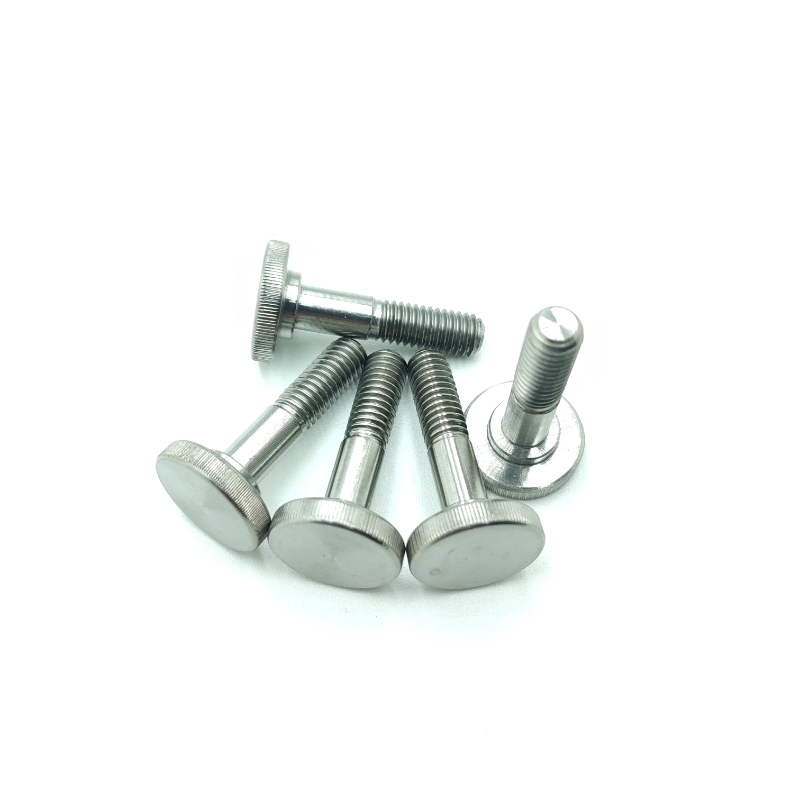Have you ever thought and asked, is titanium stronger than steel? Does it last longer? Is it more valuable? In this blog, our goal is to help you gain a better understanding in steel and titanium.
By the end of this article, we want you to have an idea about titanium properties and strength compared to steel. Not only that, but we also want to ensure that you know every bit of crucial information about titanium and steel that would help in your search for parts and components!
Understanding Titanium and Stainless Steel
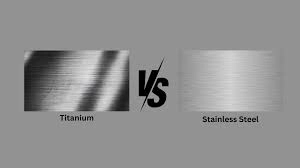

Understanding the differences between titanium and stainless steel is crucial when selecting the right material for your needs.
Both are renowned for their durability and unique properties, but they serve vastly different purposes. But, how different are they? Let’s take a look at them individually to better understand titanium and steel/stainless steel properties and overall characteristics.
What is Titanium?
A remarkable metal, titanium is renowned for its remarkable resistance to corrosion, high strength, and light weight. It is the ninth most abundant element in the Earth’s crust and is extracted from ores like rutile and ilmenite.
Titanium is favored in high-performance engineering, medical devices, and aerospace because of its remarkable strength despite being lightweight—nearly half as dense as steel.
In addition, titanium is also known for its extreme temperature resistance, chemical resistance, and biocompatibility.
What is Stainless Steel?
On the other hand, stainless steel is a type of alloy made from carbon, chromium, and iron. Chromium is the one responsible for its corrosion resistance feature.
This protective quality comes from a thin, invisible oxide layer on its surface, which prevents rust and makes it durable in various environments. Stainless steel is available in numerous grades, each tailored for specific uses, such as household utensils, construction materials, or medical tools.
Whether for practical or aesthetic purposes, stainless steel remains an essential material for many modern applications.
What Does Stronger Mean in Metal?
- Compressive Strength: Indicates how well a metal can endure being compressed or squeezed without collapsing.
- Impact Strength: Measures a metal’s capacity to absorb energy from sudden impacts without breaking or cracking.
- Tensile Strength: Refers to a metal’s ability to resist being pulled or stretched without breaking.
- Yield Strength: Describes the point at which a metal undergoes permanent deformation or bending under stress.
Titanium vs. Steel: Direct Comparison
When comparing titanium and steel, it’s essential to consider key differences in strength, weight, corrosion resistance, and cost.
Below is a table that highlights their distinct characteristics:
| Property | Titanium | Steel |
| Strength | Strong with high strength-to-weight ratio | Extremely strong and tough in heavy loads |
| Weight | About 45% lighter than steel | Denser and heavier |
| Corrosion Resistance | Naturally resists rust and chemical damage | Needs coatings or treatments to prevent rust |
| Cost | More expensive due to limited supply | More affordable and widely available |
| Workability | Harder to shape and machine | Easier to fabricate and weld |
In summary, the choice between titanium and steel depends on the specific application and priorities like weight, durability, and budget.
Titanium shines in lightweight, high-performance roles, while steel remains the go-to choice for cost-effective and robust solutions. Balancing these factors ensures the best material is selected for the job.
Cost and Price Difference
Now, let’s take deeper dive into the cost and price differences of steel and titanium. Titanium, particularly in its alloyed form, is considerably more expensive than steel.
Why? Because of its complex extraction and refining process. On average, titanium can be 20 to 40 times pricier per unit weight than steel.
Steel is cheaper and more economical than titanium because it’s easier to find, more available, and easier to produce.
Even with its varying grades and alloys, steel is cheaper; it also caters to a wide range of industries, including construction, manufacturing, and everyday appliances
Is Titanium Stronger Than Steel?
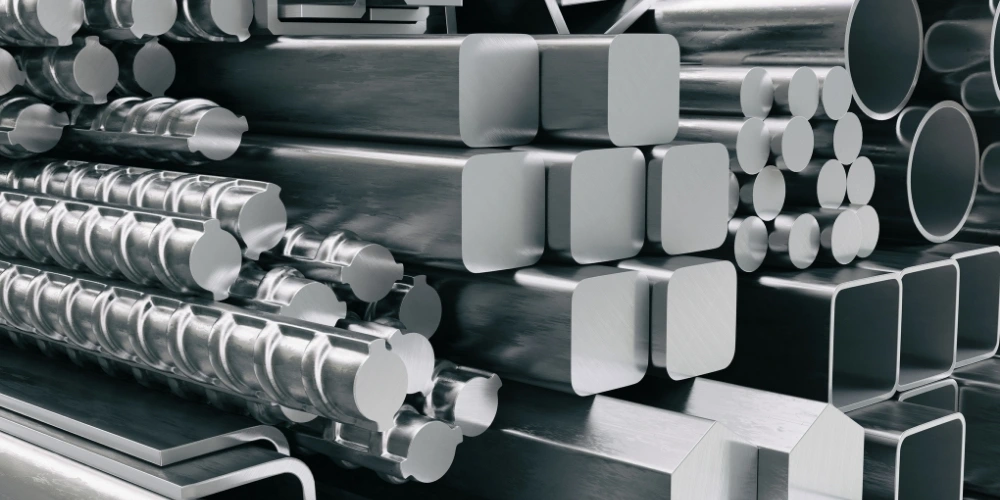

The question still stands, is titanium stronger than steel? To answer that easily and quickly, yes, titanium is stronger than steel. In fact, it actually is stronger in a lot of different factors.
When it comes to tensile strength, fatigue resistance, and high-stress applications, titanium is better. Steel is stronger than titanium in terms of tensile yield strength, but in strength-to-weight ratio, titanium takes the top spot.
Let’s take a look at the strength of steel in its different forms:
- Hardness:On the Brinell scale, steel measures around 121, while titanium is relatively softer at 70.
- Density:Titanium measures about 4.51 g/cm³, significantly lighter than steel, which ranges between 7.8–8 g/cm³.
- Fracture Strain:Titanium offers greater ductility with 54% fracture strain, surpassing steel’s 15%.
- Tensile Yield Strength:Steel typically achieves 350 megapascals, outperforming titanium’s average yield strength of 140 megapascals.
- Stiffness:Steel demonstrates higher stiffness with a modulus of 200 gigapascals, compared to titanium’s 116 gigapascals.
Talking About Hardness
Now, titanium hardness is something that we need to talk about. Some steel types are stronger and harder than certain types of titanium.
One good example is the widely popular 17-PH stainless steel. It has a generally higher tensile strength than most titanium grades, while being corrosion and fatigue resistant.
Applications of Titanium and Steel
One of the key differences between them would be their applications or real-world practical uses. So, let’s take a look at each of their common and typical applications.
Titanium Applications
Titanium is widely used for its exceptional strength-to-weight ratio and corrosion resistance. In aerospace, it’s used in aircraft frames and jet engines to reduce weight without compromising durability.
Furthermore, the biocompatibility it has makes it ideal for medical implants like hip replacements and dental implants, offering long-term safety inside the human body.
Steel Applications
Steel, being versatile and cost-effective, dominates construction and manufacturing. Structural steel supports buildings and bridges, while stainless steel resists corrosion in kitchenware and medical tools.
Its high tensile strength makes it indispensable in automotive parts, pipelines, and machinery. Unlike titanium, steel’s affordability allows for large-scale use, even in less demanding environments.
Get High-Quality Titanium From HDC
So, is titanium stronger than steel? Would you rather choose steel for its strength and rigidity or titanium because of its properties? Here at HDC, we got you covered! Whether you need titanium, carbon steel, or even stainless steel, you can trust us!
Whatever sails your boat, we’re sure we have it here at HDC! Being China’s best and biggest manufacturer of specialized components and metal alloys, you can count on us and the quality of our materials.
We’ve invested in the right tools, machineries, and equipment. In addition to that, we’ve also allocated the right resources to ensure that the quality of our products and services remain topnotch.
So, if you ever need titanium or stainless steel, feel free to contact us. We’re more than happy to assist you with whatever you need! Get a free quote from us!
Discover more with our blog posts.
Recent Posts
Discover more about our products.
Related Products
Instant Quote!

